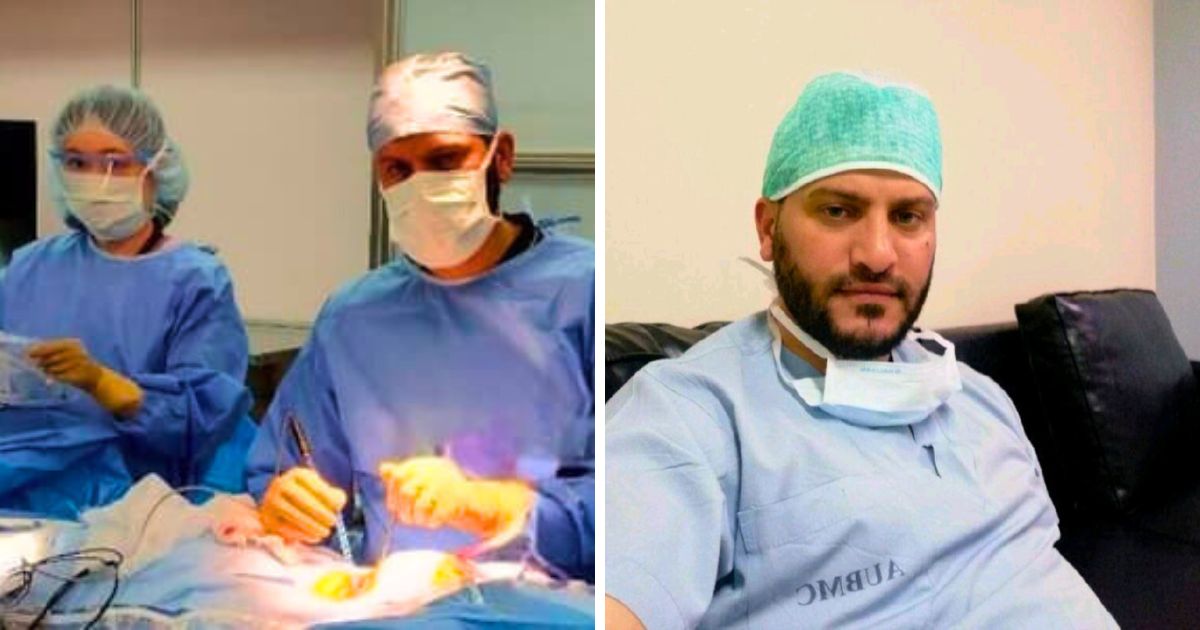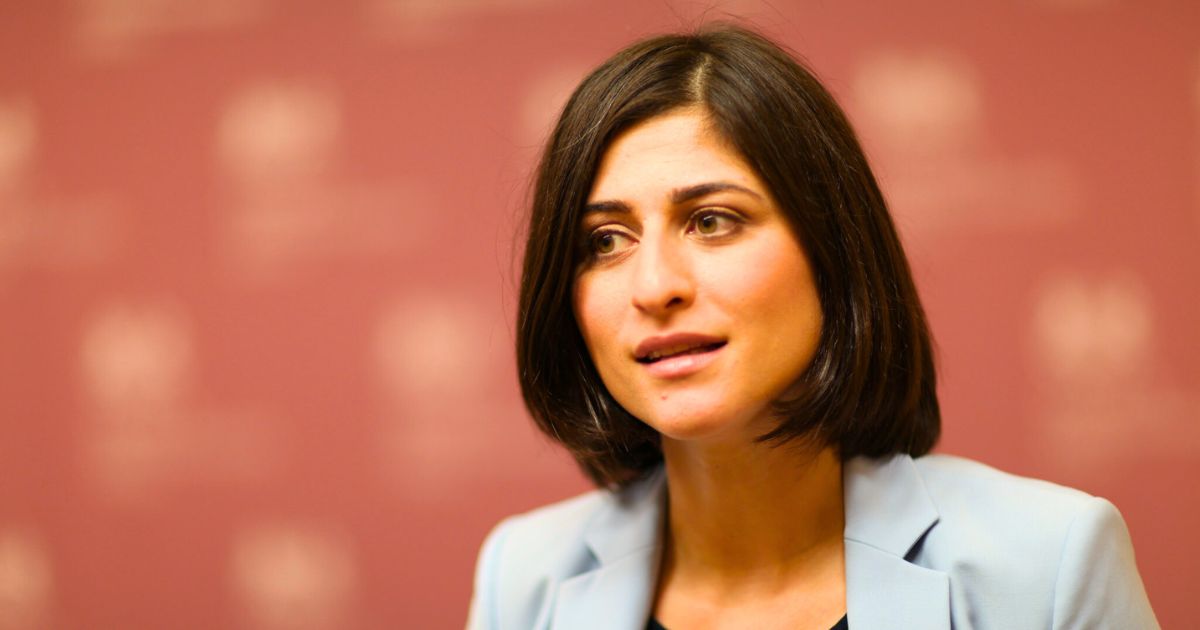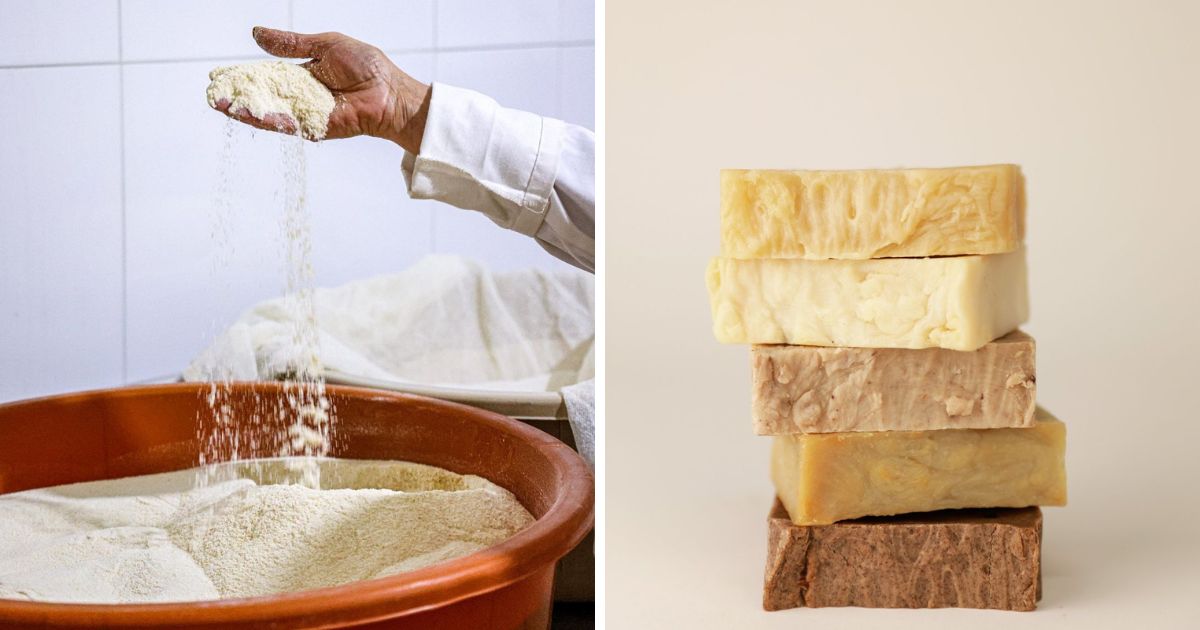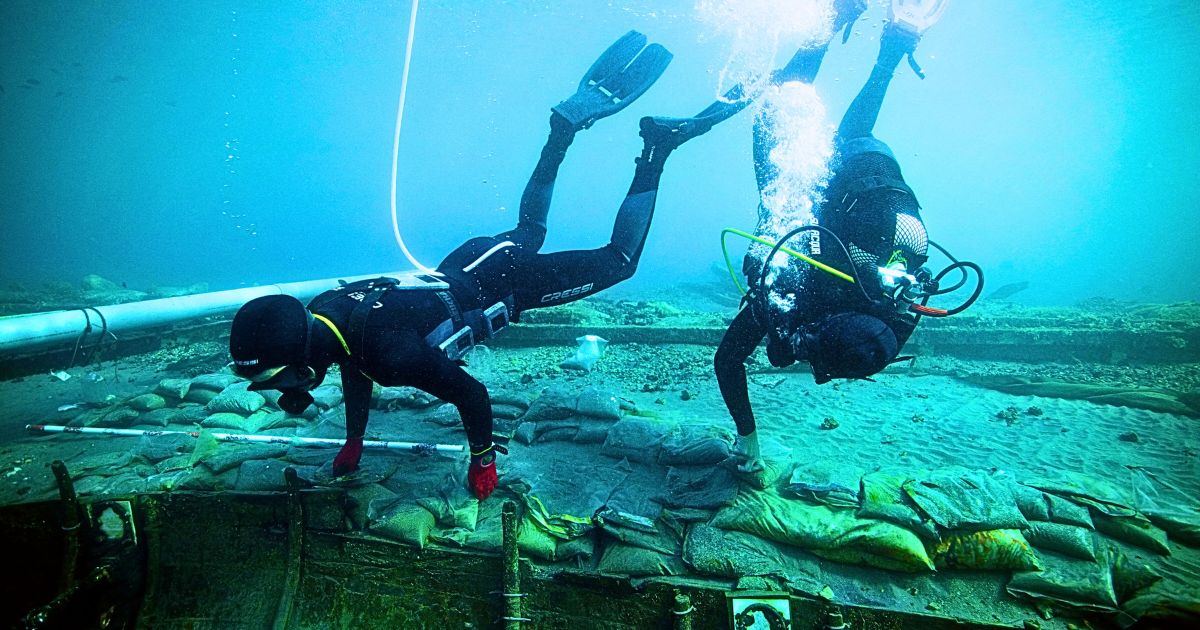Pierre Amine Gemayel was a Lebanese politician in the Kataeb (Phalange) Party. He comes from an old political family, whose history is closely tied to that of Lebanon’s.
Pierre Gemayel was also not the only one from his family to be assassinated. His 2-year-old cousin, Maya Gemayel, and his uncle, former president Bashir Gemayel were also assassinated.
The family came to be called “The Kennedy of Lebanon” by the French mainstream media.
Pierre Gemayel: Family
Pierre Gemayel, a Maronite Christian, was the eldest son of Sheikh Amine Gemayel who served as the 7th president of Lebanon from 1982 to 1988.
He was the grandchild of Sheikh Pierre Gemayel (after whom he was named), who founded the Kataeb Party and is considered among the founding fathers of Lebanon who fought for Lebanon’s independence.
Pierre Gemayel Jr. was also the nephew of former president-elect Bachir Gemayel, who was assassinated in Beirut in 1982 at the age of 33.
Pierre studied law in Beirut and Paris and began his legal career at a firm in Beirut. A short while later, he took over the legal practice of his father.
Pierre Gemayel: Political Career
Pierre Gemayel started his political life in the year 2000 when he was elected to parliament in the Matn District as an independent. He was an active member of the Kataeb movement and party. He was re-elected in 2005.
Well known for his opposition to the Syrian occupation and influence in Lebanon, Pierre Gemayel took part in the Cedar Revolution after the assassination of former Prime Minister Rafik Hariri in 2005.
In July 2005, he was named the minister of industry and acted as the representative of the Kataeb party in the government.
Pierre Gemayel: Assassination
On 21 November 2006, the day before Lebanon’s Independence Day, while Gemayel was riding by the Jdeideh suburb north of Beirut, a Honda CRV with tinted windows rammed his car from the front.
At least three to four gunmen stepped down the Honda and opened fire on him at close range with five different types of silenced automatic weapons, all using 9 mm bullets.
Gemayel was the fifth prominent anti-Syrian figure to be killed in Lebanon in two years.
Gemayel was visiting his electoral district of Metn in Jdeideh that day. He refused security escorts and was himself driving his car unshielded during the assassination.
The method by which Gemayel was assassinated is much more brazen than that used in the past – gunmen killing in broad daylight, rather than anonymous car bombs detonated remotely.
He was rushed by his driver, who escaped the attack unhurt, to St. Joseph’s Hospital, where he was declared dead. His bodyguard, Sameer Chartouni, was also killed in the attack.
Pierre Gemayel: Assassination Perpetrators
The general consensus is that Syria was behind the assassination of Pierre Gemayel. His killers issued a communiqué in which they referred to themselves as the “Fighters for the Unity and Liberty of Greater Syria.”
They said that they killed Gemayel because he was “one of those who unceasingly spouted their venom against Syria and against Hezbollah, shamelessly and without any trepidation.”
Those allegations could point the fingers at the Syrian National Social Party that has a long history of political assassinations in Lebanon.
A report by Kuwaiti daily Al Seyassah alleged that an editor from the state-run Syrian Arab News Agency (SANA) contacted a Lebanese pro-Syrian newspaper 55 minutes prior to the assassination to inquire about the murder.
The story claims the SANA reporter called back 10 minutes later to apologize for the original call.
Pierre Gemayel’s close circle would speculate that his fast political ascension had bothered many local powers mainly the allies of the Syrian regime.
Many have questioned Syria’s interest in targeting the Christian society as it could have the effect of destabilizing a rival Christian party, namely Michel Aoun’s Free Patriotic Movement, which, together with Hezbollah, forms the largest parliamentary pro-Syrian block.
Despite these claims, the unidentified perpetrators are still at large and the investigation on the attack has been inconclusive.
Pierre Gemayel: Funeral & Reaction
A funeral ceremony for Pierre Gemayel was held on Martyrs’ Square on 23 November 2006 with the participation of hundreds of thousands of people.
Reactions:
- Saad Hariri, head of the Sunni Future Party, accused Syria of ordering the killing.
- The Syrian government denied any involvement and condemned the killing.
- Walid Jumblatt, a Lebanese Druze leader, also blamed Syria for the assassination: “I bluntly accuse the Syrian regime.” He also said he expected more killings aimed at undermining Lebanon’s government
- Samir Geagea, leader of the Lebanese Forces political party – one of the major Christian parties, demanded the resignation of then-President Emile Lahoud and also accused Syria of ordering the killing.
- Michel Aoun, leader of the Free Patriotic Movement and now President, strongly condemned the murder and argued that it was aimed at generating chaos and uncertainty, primarily among the Christian society in Lebanon.
- Similar remarks and condemnation were issued by almost all the major Lebanese political players.
- The U.N. Security Council condemned the assassination.
- Pope Benedict XVI‘s representative at the funeral condemned the “unspeakable” assassination.
- Tony Blair, British Prime Minister, condemned the murder.
- The White House also condemned the murder.
- The U.N. Ambassador John R. Bolton said:
“One pattern we discern in these political assassinations of Lebanese leaders — journalists, members of parliament — they are all anti-Syrian. So I suppose one can draw conclusions from that.”
May he rest in peace and may his sacrifice for Lebanon not go in vain.
“The blood of martyrs waters the seed of faith.”

















